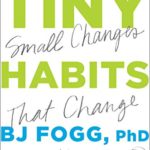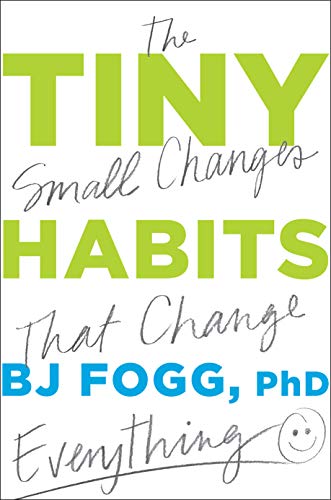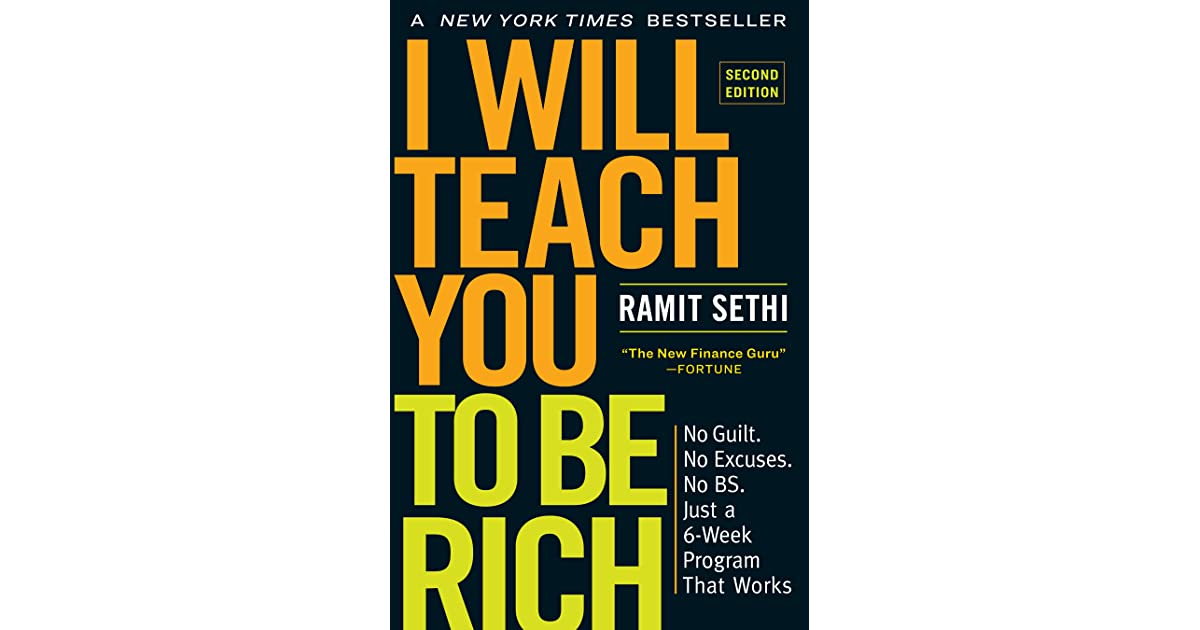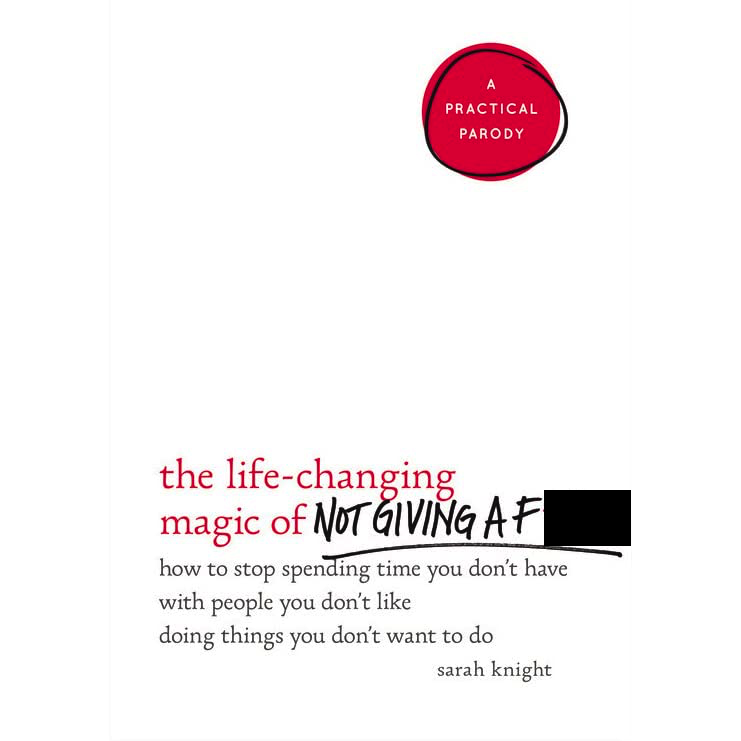Usually, I read these books with you in mind. I find ones that seem like they could be interesting to a wide number of people, and try to decide the degree to which they suck, and get that across to you.
This time, I was selfish. After reading Maybe It’s You, I realized that just about every problem in my life–from imperfections in my relationship, to a lack of career and aspiration advancement, to improving my not-being-a-socially-incompetent-idiot-ness, boiled down to improving my mindfulness.
If I could just fucking be all the way there for the moment in front of me instead of being glued to my phone, or thinking about how much a Geico commercial made me want to murder people, it would help to combat a lot of the most annoying problems in my life.
I wanted direct, clear ways to work on this, so I read this book: basically a 71-part listicle written by two self-helppy weirdos that was exclusively focused on specific things you can do to help improve your mindfulness.
So hopefully you need some help improving your mindfulness, because this book might really help you with that. Otherwise, fuck you. This one was for me.
This may be the most annoying, out of touch, and directly helpful book I’ve read in years. While at times the book made me cringe, yell “fuck off,” want to throw it out the window, and then throw more shit out the window to hit the book, it also included plenty of exercises that, while not mind-blowingly profound, changed my life for the better.
That’s a really rare, valuable thing. Most of these books straight up do not do that. They’re mostly just full of ideas that you read and you go, “Huh. Neato,” that you then follow with plenty of butt-picking and continuous ruining of your own life.
Here’s why this book is both awful and life-changing: It’s a la carte. After all, it’s essentially a big list of activities you can do in order to be more mindful, and it correctly assumes that not all tips will be right for everyone. It specifically encourages you to not try everything, but to find what works for you.
It’s a buffet ideas, and yeah, you don’t want the baby carrots. Who wants the baby carrots? That’s fine. Skip past them and get the rectangle pizza.
…ahem–deifying themselves and making you think they have all of the answers to your stupid problems. Every single one of these books should include several clarifying disclaimers saying, “Look, a lot of this will suck for you. Like the dream-mapping weirdness? Maybe give that shit a rest. In fact, give like four of these things a shot, and see what sticks.”
So yes, if you want to improve your mindfulness, I would give this book a shot. But here’s the bad part of the book: It’s easy to determine which exercises to pick, because a lot of the sections of the book totally suck.
For instance, they suggest laughter as a form of living in the moment–which itself is a valid notion. You are in the moment when you laugh, and that’s good for you. We’re okay so far.
But instead of then saying, “You’re an adult in the first world. You know what makes you laugh, and how to find it,” and leaving it at that, the authors then go into detail trying to explain how you (apparently an alien unfamiliar with human comedy) can manufacture laughter out of your body.
They tell you to “give yourself permission to have fun and enjoy humor.” They suggest specific ideas like forcing out silly laughter until it becomes genuine, watching a video of someone else laughing until you start laughing with them, searching “comedy” on Pandora, putting on some “fun” music and singing and dancing to it, and worst of all, “making silly faces at yourself in the mirror.” These are actual suggestions they make to you–an adult who has seen television.
Never in my entire time listening to and reading published words have I come across something so cringe-worthy, out of touch, and weirdly condescending.
And again, this doesn’t really matter. The book specifically says that you don’t have to listen to everything in it. So ignore that shit.
But when you read something so stupid, and so terrible, it impacts how you read other things. It causes you to start to question everything these spiritual yuppies have to say, and to read perfectly good ideas with a more skeptical eye. It encourages you to not trust the sources. At certain points, this gets to the point where you wonder where these people even came from.
The book also makes a mistake of suggesting that we take more time to do little things in life like making tea and folding laundry–which is fine on its own. But it suggests this so much, and emphasizes taking more time in life so, so, so much that you have wonder: “How much free time am I supposed to fucking have?”
This is a classic self-help book fuck-up: the assumption that we work too much by choice, or that we’re in a hurry because we just like hurrying. They often don’t account for you having an actual life. They say to “see if you can work less” as if that’s a thing. The assumption is that we ourselves decide to work 50 hour weeks because we want a Ferrari, and not because we’ll get shitcanned if we don’t.
Motherfucker, I’m at work as much as I am because it’s what is required of me. I’m in a hurry in the morning because I have to be.
What are these mythical jobs where you can just be like, “I want to work four hours today,” and someone just fucking allows that? What universe are you in?
At one point, this book even suggests doing a 3 hour meditation.
THREE FUCKING HOURS. Who has time for that? Who is so privileged that they have the opportunity to meditate for three hours on a consistent basis?
Again, you don’t have to do that. But it does become a challenge to take the rest of the book seriously when the people writing it are apparently working two hours a day and making whacky faces in the mirror to make themselves feel happy.
Look, as you can see, this book is not without it’s stupid bullshit, and it can be tempting to group the whole book in under that umbrella of clipping your nails mindfully and searching for “comedy” on Pandora.
But once you wipe that away, and get to the good stuff, it can absolutely change your life. It has already helped to change mine in a very short amount of time.
Sorry I’ve been so negative in the last bit here. I just really enjoy being that way. It brings me joy. But I promise, the book has plenty of helpful exercises too.
Some helpful things include just doing normal everyday tasks mindfully–from doing the dishes, to driving, to even walking around (which doesn’t take more time), to whatever simple bullshit thing you do every day, during which you’re usually ruminating on an argument you had 6 days ago, or awaiting a text back from your side ho.
If instead of this, you focus entirely on what you’re doing (which you’ll suck at at first, but you can work on it), you’ll start to develop more of a habit of living in the moment, and this will snowball into the rest of your life.
This is the tip of the iceberg with simple, very doable ideas that can be found in this book that can improve your ability to live in the moment.
Some other tasks include setting daily intentions, journaling about your day, and of course, a whole fucking lot of meditating. It also provides helpful tasks on socializing, working, and generally not being a head-in-the-clouds dipshit.
A lot of these ideas aren’t super profound. This is like the 48th book I’ve read that suggests a gratitude journal. The authors themselves probably didn’t think of more than a couple of these ideas themselves, as much as they did aggregate them. They aren’t reinventing the wheel. They’re just showing you a wheel and saying, “Hey, this will help you get places.”
Which, yes, is pretty fucking stupid and annoying. They’re kind of the TheFatJewish of mindfulness.
But here’s the magic of this book. Having all of these ideas in one place, and making the entire book about a series of actions you can take focuses you on taking action, and that is fucking huge.
You don’t get lost in the why, or the how, and you focus on the what. You focus on the tasks, and the tasks are what will improve your life.
Along with this, the fact that it’s a book that you pay for and hold, and dedicate time to enables you to take it more seriously than you would some shit you just Googled (even though that’s most of the content). You’ll be much more focused and likely to take action and actually do these little, but huge things to improve your mindfulness and your life.
So if you need to improve your mindfulness (and in today’s world of overstimulation, Instagram, and piles of escapist horsesehit, that’s most of us), I would get this book. Be ready to comb through some garbage that’s not relevant to you, and be ready to roll your eyes and hate yourself for reading it, and then be ready to actually improve things. Read this shitty book. It will improve your shitty life.












Now this is my kind of book review. I might see if it’s available secondhand on Amazon Marketplace for a pittance on the strength of this…